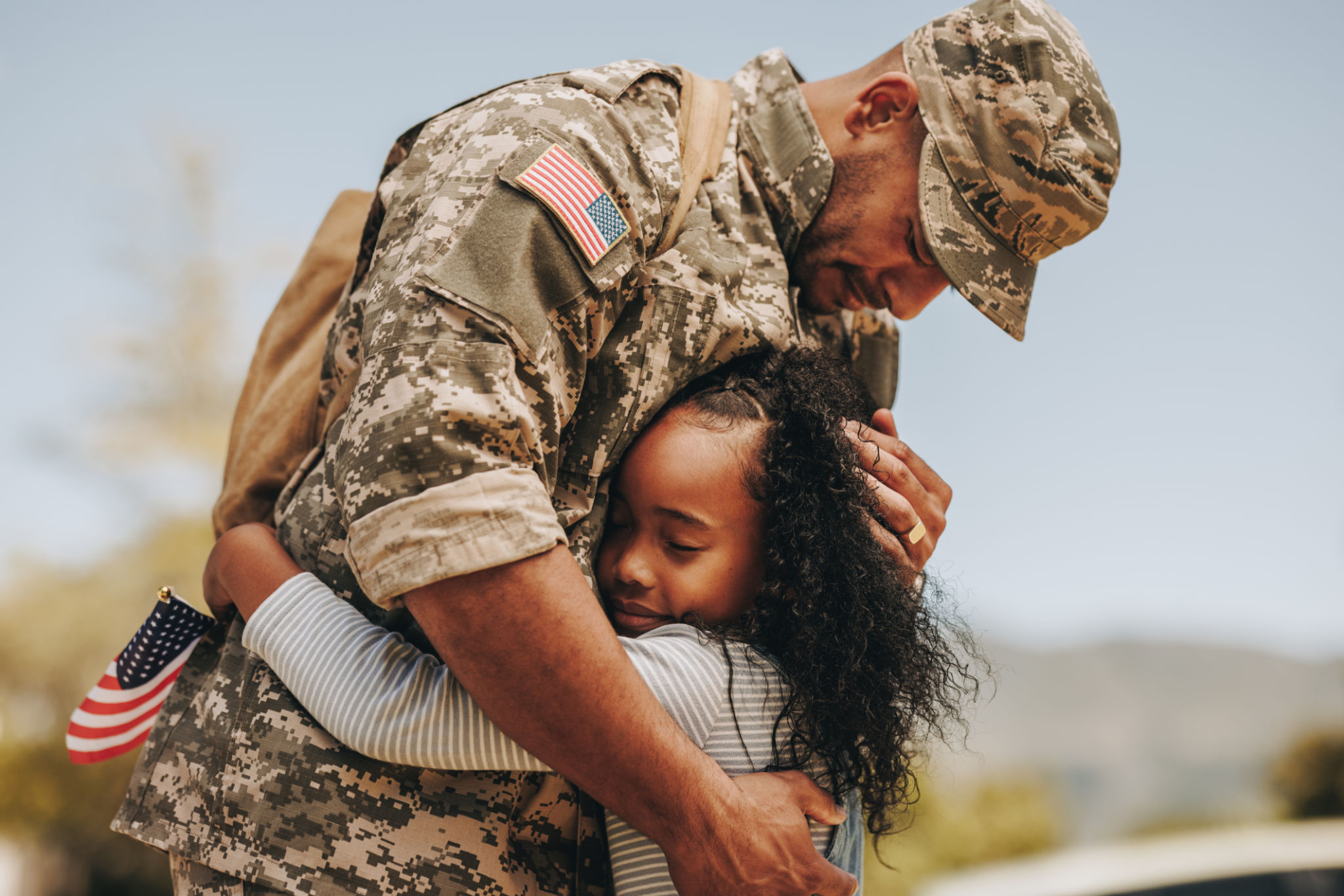Addressing Common Misconceptions about Spiritual Counseling for Soldiers
Understanding Spiritual Counseling for Soldiers
Spiritual counseling for soldiers is a crucial support system that often gets misunderstood. Many people hold misconceptions about its purpose and benefits, which can prevent soldiers from seeking the help they need. By addressing these misconceptions, we can better appreciate the role of spiritual counseling in the healing process and overall well-being of military personnel.

Myth 1: Spiritual Counseling is Only for the Religious
A common misconception is that spiritual counseling is only beneficial for those with strong religious beliefs. In reality, spiritual counseling can be valuable for soldiers regardless of their faith or belief system. It focuses on the broader aspects of spirituality, such as finding meaning and purpose in life, which can be transformative during challenging times.
Spiritual counselors are trained to work with individuals from diverse backgrounds and belief systems. Their goal is to provide a safe and supportive space where soldiers can explore their spirituality and find peace, regardless of religious affiliation.
Myth 2: It’s a Substitute for Professional Mental Health Care
Some people mistakenly believe that spiritual counseling is meant to replace traditional mental health care. However, it is designed to complement professional mental health services rather than replace them. Spiritual counseling can be an essential part of a holistic approach to healing, working alongside therapies such as cognitive-behavioral therapy or medication management.

By integrating spiritual counseling with other forms of mental health care, soldiers can address all aspects of their well-being, leading to more comprehensive and effective healing processes.
Myth 3: Only Chaplains Provide Spiritual Counseling
While military chaplains often play a significant role in providing spiritual support, they are not the only ones qualified to offer spiritual counseling. Many licensed counselors and therapists have specialized training in spiritual counseling and are equipped to help soldiers on their spiritual journeys.
These professionals work collaboratively with chaplains and other support systems to ensure that soldiers receive the comprehensive care they need. This network of support helps create a more inclusive environment where soldiers can seek guidance and find solace.

The Benefits of Spiritual Counseling for Soldiers
Spiritual counseling can offer numerous benefits for soldiers, including improved emotional resilience, enhanced coping skills, and a greater sense of connection and belonging. By addressing spiritual concerns, soldiers can find meaning in their experiences, which can lead to renewed purpose and motivation.
Moreover, spiritual counseling can help soldiers develop a stronger sense of self-awareness and inner peace, which are crucial for navigating the complexities of military life and transitioning back to civilian life.
Encouraging Openness and Acceptance
To foster a more supportive environment for soldiers, it’s essential to dispel misconceptions about spiritual counseling. Encouraging openness and acceptance can help break down barriers that prevent soldiers from seeking the help they need.
By understanding that spiritual counseling is a valuable resource for all soldiers, regardless of religious affiliation or belief system, we can better support their mental and emotional well-being.